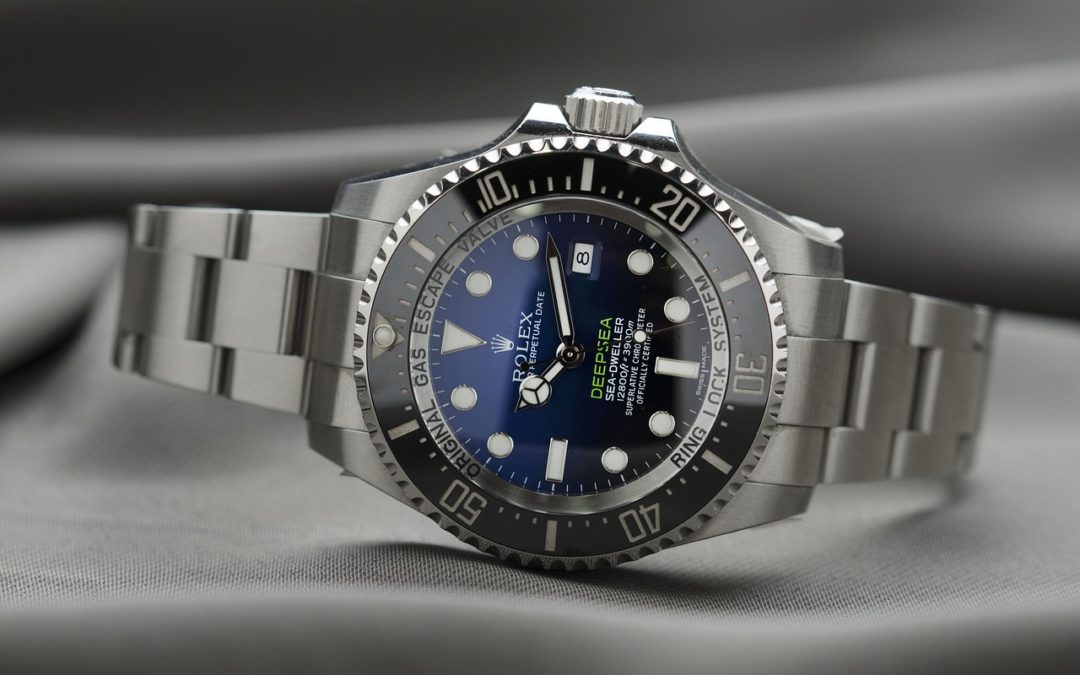The luxury goods market has arrived fashionably late to the ecommerce party.
You may not associate purchasing a $9,900 watch from Piaget or a $2,595 handbag from Hermes with a one-click buy, but this may soon become the norm. While there is still some resistance, luxury brands are slowly getting more comfortable with selling their products online.
To be sure, luxury brands are still reluctant to utilize many ecommerce solutions. According to Mobile Commerce Daily, a whopping 75% are still unwilling to work with Amazon, seeing the platform as too generic and price-driven. Meanwhile 25% of luxury brands are selling online with net-a-porter.com while retailers such as Burberry, Chanel, Gucci, and Fendi have have outfitted their websites with shopping carts.
Until recently, consumers could only purchase most luxury items online from gray market sellers who did not provide buyers with warranties. There are several reasons why luxury brands largely avoided promoting and selling online and why that’s now changing.
Fear of losing the “exclusivity factor”
Luxury brands have avoided online retail, fearing that the aura of mystique and the exclusivity of their brands would get lost in translation. Believing much of their appeal stemmed from the experience of perusing their exquisitely arranged boutiques and interacting with their attentive in-store service personnel, luxury brands were hesitant to sell online. As the market gets more accustomed to buying online, this fear seems to be fading.
Lack of trust
It was initially believed that consumers would not purchase items on the Internet bearing hefty price tags. Thinking that entering the world of ecommerce would mean they would have to compromise on price, luxury brands stayed away. But, as has been shown in recent studies, products sold online are not necessarily cheaper than in-store.
Until relatively recently, customers didn’t trust the Internet when it came to buying luxury items. Making an expensive purchase and lifetime investment without first experiencing the item in a brick-and-mortar store or talking to an expert face-to-face just seemed far too risky.
However, consumer attitudes are changing. There is finally a level of trust among consumers for buying luxury goods online. As consumer patterns continue to evolve, consumers will become increasingly comfortable with the thought of purchasing expensive items on the Internet.
Target market wasn’t digital
Another factor that prevented luxury brands from selling and promoting online was the notion that its target market wasn’t really there. Luxury shoppers were both older and less comfortable with online shopping.
But things have changed. Today, affluent shoppers expect their favorite brands to be online. And, not only are older shoppers more comfortable with buying online, but the average age of luxury shoppers has gone down from 48 years-old to 34. Millennials possess a disproportionate amount of wealth and luxury brands are realizing that they should now put more effort into attracting younger, tech-savvier, consumers.
Luxury brands who previously allocated little or no resources to ecommerce, also failed to utilize social media to its full potential, believing their audience wasn’t on those platforms. They are now paying for that oversight.
After Hugo Boss’s online sales dropped 6% in 2016, CEO, Mark Langer admitted that the high-end clothing brand had made an error by ignoring social media for so long and pledged to start taking digital marketing more seriously. Luxury brands are also realizing that selling online is key to reaching the next generation of buyers.
All the data indicates that current trends will continue. According to consultancy McKinsey & Company, ecommerce among high-end brands is expected to triple to €70 billion by 2025 — representing 18% of total luxury sales. While some luxury brands, such as Montblanc, were quick to adopt ecommerce, most were slow. But, like the rest of the market, buyers of luxury items have demonstrated that they now value convenience and speedy delivery over in-store experience. They’re also willing to pay for luxury online at luxury prices. Brands, such as Piaget, Hermes, and Hugo Boss have gotten the wake-up call and now understand that digital is no longer an option, but a necessity.


Recent Comments